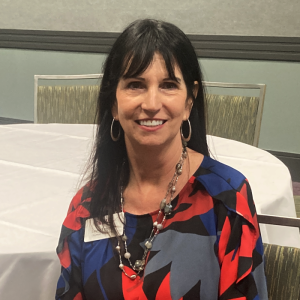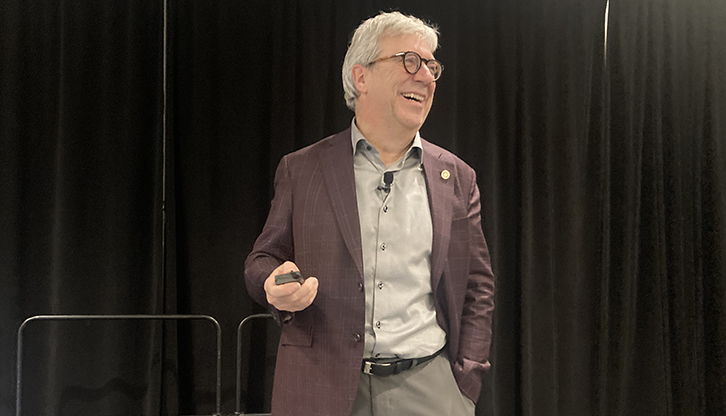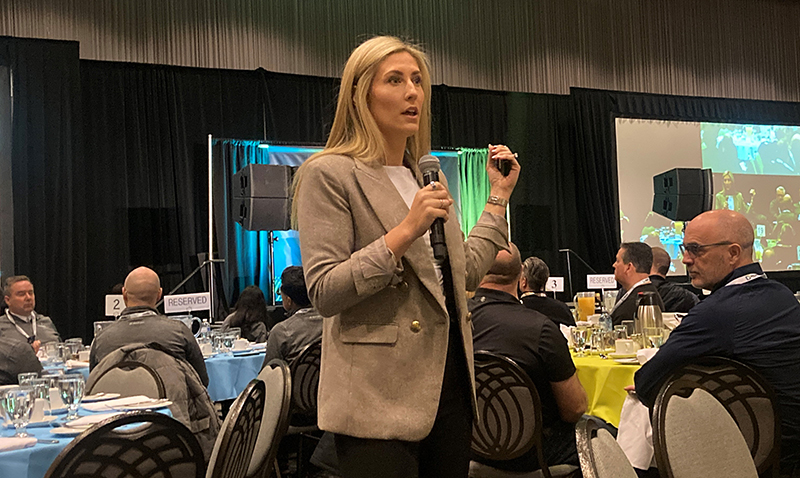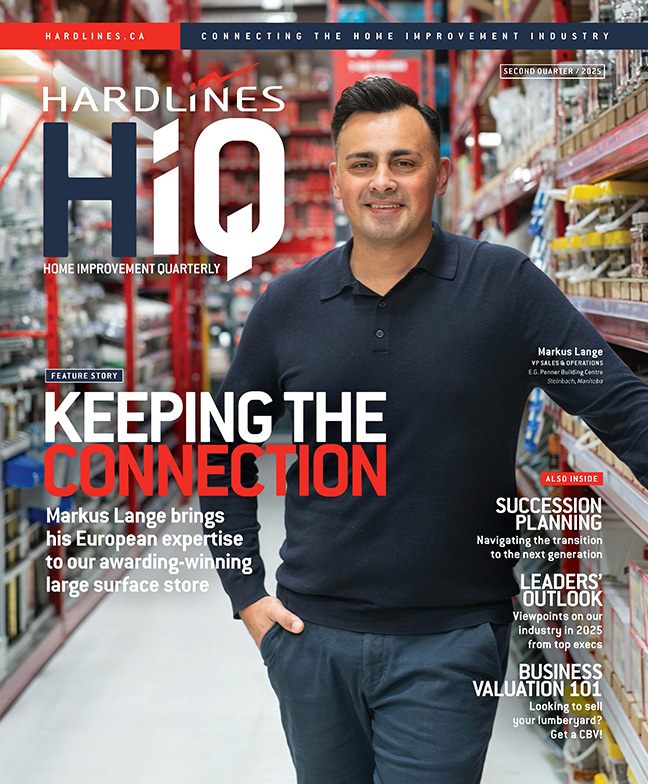By HR and health & safety consultancy Peninsula Canada
In today’s fast-paced world, companies need to continuously innovate and evolve. To successfully achieve that, employers should prioritize their employees’ professional growth and development.
Creating and supporting a workforce that stays up to date has obvious advantages. By fostering a culture of learning and growth, companies not only stay on top of the latest industry trends but also create a more motivated and skilled team, ready to take on new challenges and drive success. Employers should want their workforce to reach their full potential; this in turn will help build a stronger, more competitive business.
Employees are more likely to stay with a company that invests in their career growth. Offering career development opportunities reduces turnover, leading to a more stable and devoted workforce.
As employees gain new skills and knowledge through career development opportunities, their performance in their current role tends to improve. They become better equipped to handle challenges and take on new responsibilities.
When employees see opportunities for growth and advancement within their organization, they are more likely to feel satisfied and engaged in their work. Knowing that their efforts contribute to personal and professional development can boost morale and motivation.
There are various ways employers can support employee career development. It’s important to engage in career discussions with employees to understand their aspirations and create personalized career development plans. Whether through coaching or workshops, there is something for every employee to help them thrive.
Peninsula is a trusted HR and health and safety advisory company, serving over 6,000 small businesses across Canada. Clients are supported with ongoing updates of their workplace documentation and policies as legislation changes. Additionally, clients benefit from access to a 24/7 employer HR and OHS advice line and coverage on legal through the Peninsula Protect service promise.

 Laura Freeman is executive vice-president of human resources and chief human resources officer for Orgill Inc., the Memphis-based hardware distributor that serves independent hardware and building supply dealers worldwide, including hundreds in Canada.
Laura Freeman is executive vice-president of human resources and chief human resources officer for Orgill Inc., the Memphis-based hardware distributor that serves independent hardware and building supply dealers worldwide, including hundreds in Canada. The Cedar Shop is a Sexton yard in Calgary that last year won the Best Contractor Specialist award at the Outstanding Retailer Awards. It has an innovative internship program in which Mitch Wile, the store’s president, trains two high school interns every spring. Hardlines HR Advisor got curious about this program, and how it evolved.
The Cedar Shop is a Sexton yard in Calgary that last year won the Best Contractor Specialist award at the Outstanding Retailer Awards. It has an innovative internship program in which Mitch Wile, the store’s president, trains two high school interns every spring. Hardlines HR Advisor got curious about this program, and how it evolved.
 Martina Pileggi is senior director for North American Business Partners at The Hillman Group, a fastener producer for the hardware, automotive, plumbing, and electrical markets.
Martina Pileggi is senior director for North American Business Partners at The Hillman Group, a fastener producer for the hardware, automotive, plumbing, and electrical markets. The Building Supply Industry Association of British Columbia (BSIA) has launched a pioneering mentorship program. It aims to address the challenges posed by the industry’s dynamic landscape, especially with numerous business owners entering retirement.
The Building Supply Industry Association of British Columbia (BSIA) has launched a pioneering mentorship program. It aims to address the challenges posed by the industry’s dynamic landscape, especially with numerous business owners entering retirement. The Western Retail Lumber Association’s latest annual Building & Hardware Showcase, held in Winnipeg last month, featured a dynamic keynote speaker. Lauren Johnson is a mental performance coach and public speaker who has worked with top professional athletes, including the New York Yankees baseball team.
The Western Retail Lumber Association’s latest annual Building & Hardware Showcase, held in Winnipeg last month, featured a dynamic keynote speaker. Lauren Johnson is a mental performance coach and public speaker who has worked with top professional athletes, including the New York Yankees baseball team.
